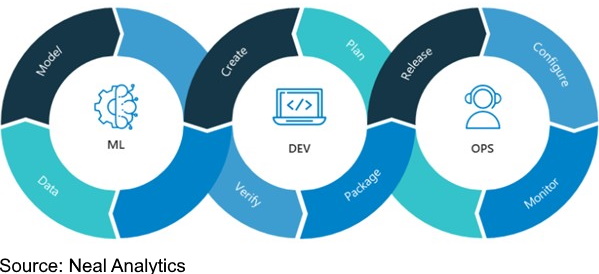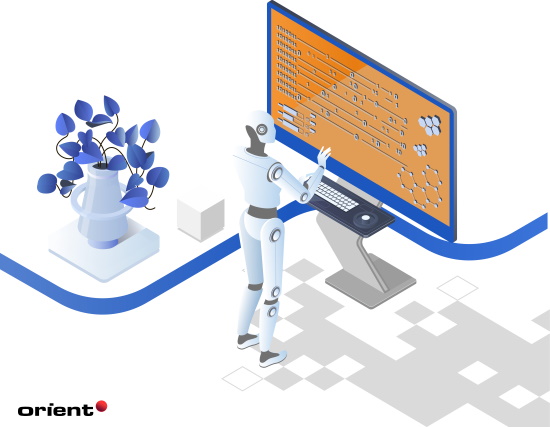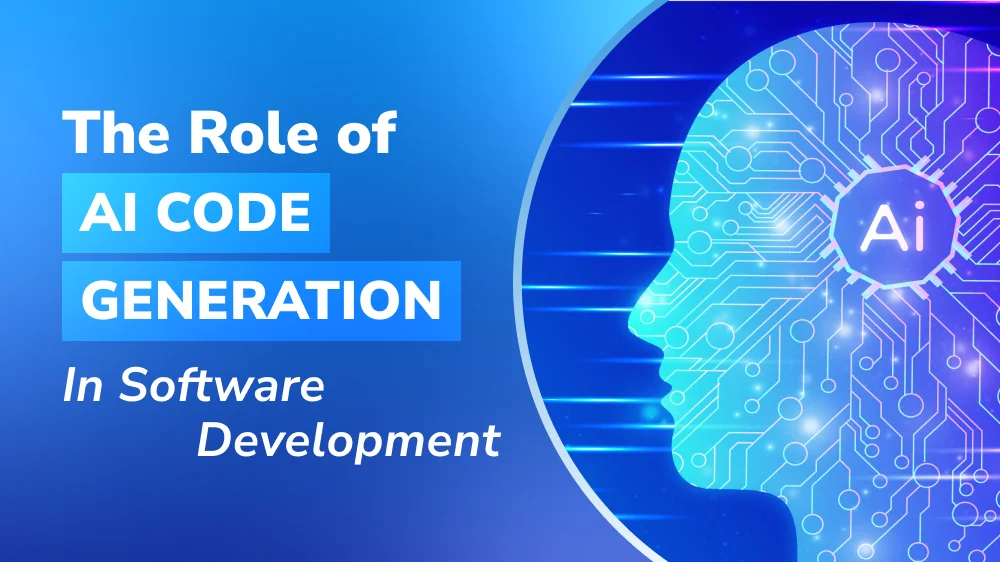What Is MLOps and How Is It Changing the Way Businesses Work?

Content Map
More chapters“MLOps is an ML engineering culture and practice that aims at unifying ML system development (Dev) and ML system operation (Ops).”
What is MLOps?
Machine Learning Operations - or MLOps in short - is a set of practices for delivering ML products with real-time collaboration between data scientists, machine learning engineers, and the operations team. MLOps is a similar concept to DevOps where the developers work closely with operational teams; whereas in MLOps, the data scientists and the Machine Learning engineers work closely with the operations teams for the ultimate result.
MLOps’ main goal is to automate the deployment of ML models for continuous delivery. MLOps helps businesses streamline the process of building machine learning models for production, as well as maintaining and monitoring the released models.
The MLOps cycle involves the following phases:
- Exploratory data analysis (EDA): Analyze data sets for main characteristics and discover patterns and trends by creating visualizations.
- Data transformation & preparation: Convert data into usable data to share across teams.
- Model training & development: Train the models to perform specific tasks through Machine Learning and Deep Learning algorithms and continuously improve model performance.
- Model review & governance: Track and manage model through its lifecycle with real life data. Validate model access including entrance control, entry policy, and user tracking for all activities.
- Model serving: Host the Machine Learning models and make their API available to incorporate AI into the systems.
- Model monitoring: Ensure that the model is maintaining an acceptable level of performance.
- Model re-training: Take corrective action in case of model failure and retrain the model with updated data.
Why is MLOps Important?
As we are living in a data-driven world, it’s important to utilize and optimize the amount of data we collect for AI and ML projects. With MLOps models, enterprises can streamline the development process within the organization for the best productivity and efficiency. Machine Learning models also help businesses deploy insightful solutions for better decision-making and improved customer experience.
MLOps prompts communication between teams so they can work together for the ideal result. Data Science and ML teams can work together with the operations team to align business goals and strategy to make the most appropriate ML product for operational intention. Developers can explain data and technology knowledge so the operations team can come up with realistic expectations and KPIs. At the same time, the operations team can oversee the development process and take note of any issues so the stakeholders can be aware immediately, while supporting the development team on the side if any challenge arises. In addition, all the teams involved can focus on their own professionalism and provide input according to their expertise.
What Can MLOps Do for Your Business?
Companies are employing Machine Learning to optimize their operations, and MLOps is being used to speed up the delivery process and enable organizations to deliver ML products with both agility and real-time collaboration. There are several advantages that MLOps can bring to your business, including but not limited to:
Speed up ML product delivery and automation
ML tools are used to collect, extract, analyze data and automate the building process of ML models so they can be built faster and at a reduced cost to drive business growth.
Provide business insights, forecast trends, and improve customer experience
With the amount of data being collected everyday, ML models are used to provide insights through data analytics to refine the decision-making process and give insights for better products and services, along with predicting the demand for specific merchandise, restocking requests, and future trends.
Improve internal communication and collaboration
Since the concepts of DevOps and MLOps rely heavily on communication and collaboration, MLOps helps keep internal teams together and work closely for the most optimized result. This keeps everyone in the loop and clearly details the business’ goals and expectations, drawing a clear vision for the whole company.
Focus on feedback and boost customer experience
Since customer data is being collected and analyzed, businesses can focus on examining and reviewing their feedback to enhance customer experience by understanding them and their opinions better. ML models can also help make predictions to fulfill all customers’ demands and needs, realizing customers’ requirements and expectations, giving the company an edge in the competitive market.
Enhance management and increase sales
ML models can be used for management to streamline the management process, making it transparent for all parties involved. They can also be used to produce business financial analytics for quarter or annual reports, showcasing the company’s results and growth, or any potential challenges. In addition, since sales reports can be generated and evaluated easily, restocking requests can be handled in time and trends and demands can be kept in check, increasing overall sales of products.
Reduce bias
Since the decision-making process is driven by data and real, insightful values, this prevents the stakeholders from being exposed to unintentional bias, leading to better judgment and oversight of the state of the company. All business outcomes are guided by proper, data-influenced evaluation and reports.
The Future of MLOps

Even though MLOps is a new concept that was only first mentioned in 2015 in a paper titled “Hidden Technical Debt in Machine Learning Systems” by several authors, the market for MLOps solutions is expected to reach $4 billion by 2025. This is an expected rise as Machine Learning applications continue to be developed and implemented extensively around the world and MLOps totally changed the way enterprises develop ML products, making it easier to align the data scientist team with the operations team for the ultimate result.
MLOps helps regulate requirements and business needs, making the procedure to align ML models with their supposed functions and structure more transparent and flawless - saving time, reducing operational costs, generating better sources of revenue, and boosting customer opinions. All of these benefits make it a must for businesses to implement and practice MLOps to leverage its flexibility and solid framework for model development and deployment automation. Falling behind from not learning about MLOps now might become a lethal disadvantage for enterprises in the future, especially high-tech, high-demand companies that are in the race for being the leader of their respective industry.







